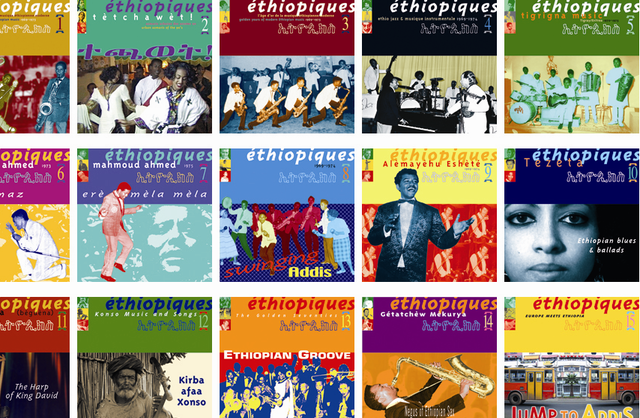With
offices in Stockholm and Addis, and supported by several Swedish
organizations as well as the Nordic Culture Fond, SELAM
promotes festivals, concerts, tours, club nights and forums
presenting global music in professional venues, such as the Stockholm
Culture Festival. But, who is behind such big initiative which is bringing thousands of music fans together every summer in Stockholm not to mention other other cultural event?

Teshome,
a musician from the start,
trained in Russia, but born and raised in Ethiopia and came to Sweden
in 1990. Seven years later, he founded SELAM,
which is a cultural organization which deals with music, organizing
festivals, concerts, club nights and tours throughout Sweden. SELAM
focus mostly on music from Africa, Latin America and the Caribbean,
and invites international guests to Sweden and organizes events in
places like Konsterthuset, Södra teatern, Nalen etc. It also works with
international cultural exchanges between Sweden and Africa and
supports the Ethiopian cultural work with the skills, contacts,
organizing festivals and much more.
Teshome
Wondimu started playing with different bands at various locations in
the suburbs of Stockholm in the 1990s. But soon he realized why they
[ musicians with foreign background] were not allowed to play


